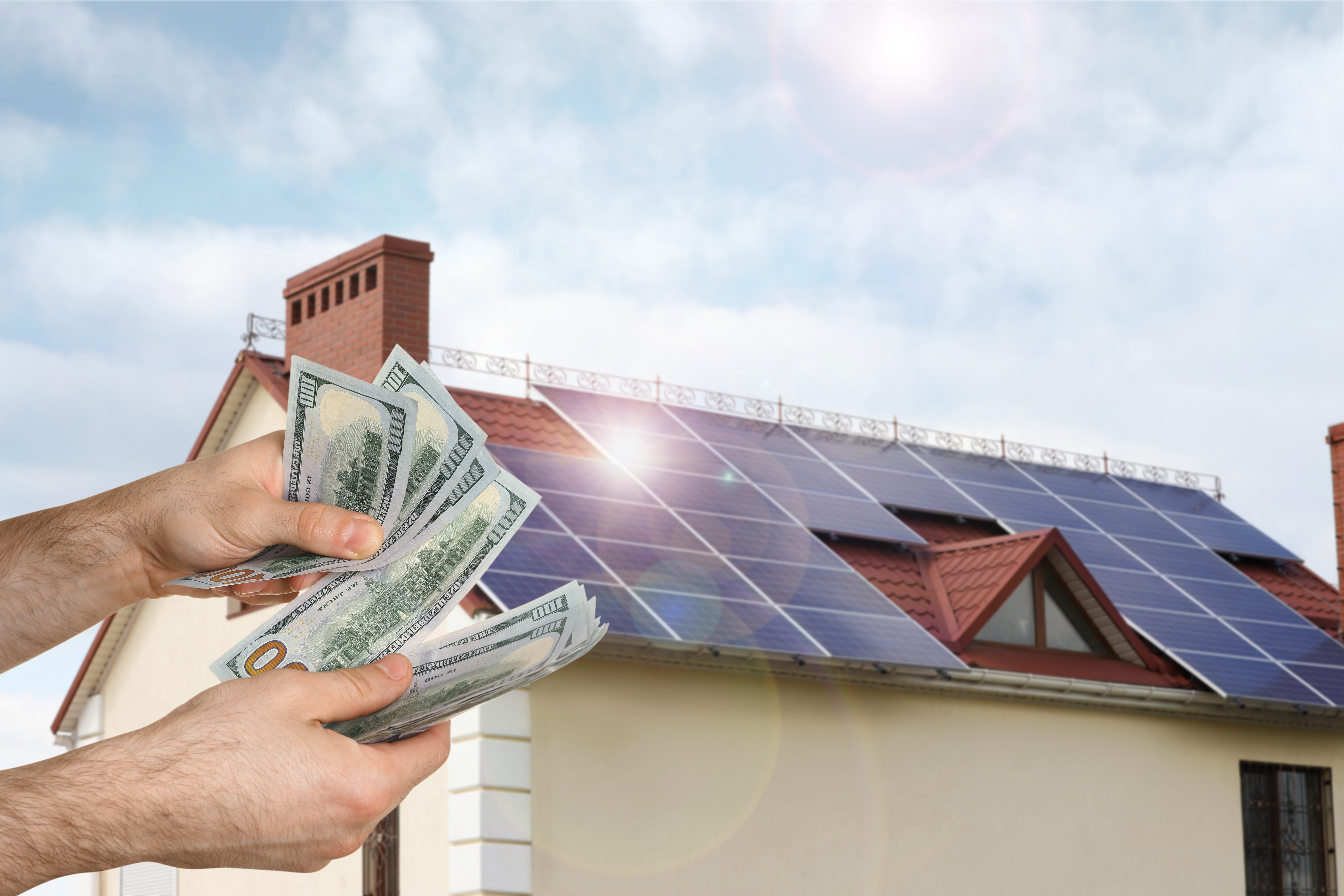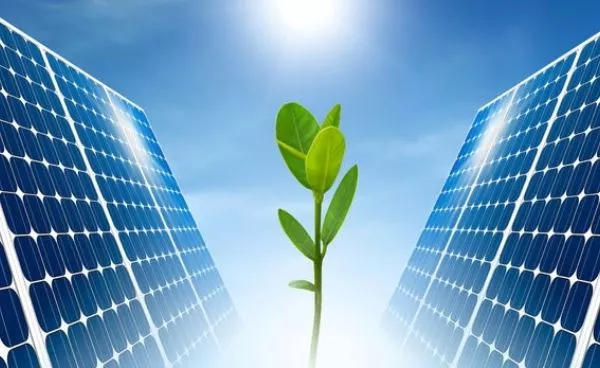How Solar Energy Can Help You Save Money and Reduce Your Carbon Footprint
The integration of solar power right into your power profile offers an engaging chance for both economic cost savings and ecological stewardship. By using the sunlight's power, house owners can dramatically lower their regular monthly utility expenses while also guarding against the unpredictability of future energy costs. The shift to solar adds to a marked decline in carbon emissions, aligning individual financing with broader eco-friendly objectives. As various federal government rewards appear, the concern arises: just how can one successfully navigate the first investments and recurring benefits of solar technology to take full advantage of both economic and ecological gains?
Understanding Solar Power Financial Savings
While the transition to solar energy often involves a preliminary financial investment, understanding solar power cost savings is vital for house owners and businesses alike. Solar energy systems can dramatically decrease power costs by harnessing the sunlight's power, equating into substantial long-term economic advantages.
Additionally, solar power systems may qualify for numerous economic incentives, consisting of tax credit histories and rebates, further boosting their cost-effectiveness. The schedule of web metering allows customers to offer excess energy back to the grid, creating an added income stream. These factors add to the general savings connected with solar power.

Along with direct monetary savings, solar energy provides the added benefit of enhancing residential property worth. Residences equipped with solar panels are often more attractive to buyers, as they promise lower power costs - Simply Solar Illinois. Understanding these elements is essential for anyone considering solar power, as it highlights not simply the prospective monetary gains, but also the more comprehensive ecological and economic advantages of taking on eco-friendly power services
Initial Prices vs. Long-Term Conveniences
When reviewing solar energy, it is essential to evaluate the initial prices against the long-term advantages. The in advance investment for solar panels, installment, and associated equipment can be significant, commonly varying from $15,000 to $30,000, depending on the system dimension and home energy needs. This first expenditure might deter some home owners; nonetheless, it is important to consider the possible cost savings with time.
When installed, solar energy systems can considerably lower or perhaps remove regular monthly electrical power costs, causing substantial long-lasting financial advantages. Studies suggest that homeowners can conserve anywhere from $10,000 to $30,000 over the life-span of their solar system, commonly 25 years. Additionally, lots of states offer rewards, tax obligation credit ratings, and refunds that can counter initial expenses, making solar extra accessible.

Lowering Your Carbon Footprint
Lowering your carbon footprint is an essential consideration in today's eco mindful culture, and taking on solar power is just one of the most efficient strategies to accomplish this objective. Solar power is a tidy, renewable resource that significantly decreases reliance on fossil gas, which are major contributors to greenhouse gas discharges.

In addition, the widespread adoption of solar technology urges the growth of environment-friendly tasks and supports innovations in power why not try here storage space and effectiveness. The more people and companies spend in solar energy, the better the collective reduction in carbon exhausts, promoting a cleaner environment for future generations.
Government Motivations and Discounts
Taking on solar power not just benefits the atmosphere yet can additionally cause considerable economic cost savings, specifically with the accessibility of government rewards and rebates. Numerous federal, state, and local programs are created to encourage homeowners and businesses to purchase solar power systems, making the shift much more cost effective.
One of one of the most noticeable motivations is the Federal Investment Tax Obligation Credit Scores (ITC), which enables solar system owners to subtract a considerable percent of the installment expenses from their federal taxes. This reward has been pivotal in reducing the in advance expenses linked with solar energy read more systems. In addition, numerous states supply their very own tax obligation credit ratings, grants, and discounts that can even more boost financial savings.
Furthermore, some city governments offer real estate tax exceptions for solar setups, ensuring that house owners do not face raised residential property tax obligations as a result of their sustainable energy investments. Energy firms may additionally offer incentives, including web metering and feed-in tolls, which enable solar power customers to market excess power back to the grid.
Picking the Right Solar System
Picking the suitable solar system is crucial for optimizing energy performance and monetary benefits. The choice depends upon a number of aspects, consisting of energy needs, budget, and readily available space. Property owners ought to begin by assessing their power consumption to establish the system size needed for optimum efficiency.
Following, consider the different sorts of solar modern technologies available. Simply Solar Illinois. Photovoltaic Or Pv (PV) panels are the most typical, converting sunshine straight into electricity, while solar thermal systems concentrate on home heating water. Each kind has unique benefits depending on private needs
Budget plan considerations are likewise paramount. First installation expenses can vary significantly, so it is essential to compare quotes from several providers and discover funding choices. Federal government motivations and refunds can additionally minimize the monetary worry, making solar systems extra easily accessible.
Conclusion
In recap, solar energy provides a sensible option for achieving considerable price savings while at the Full Article same time reducing carbon emissions. The preliminary financial investment, though considerable, yields considerable long-term financial advantages, with potential savings ranging from $10,000 to $30,000 over 25 years. The ecological benefits of solar energy add to sustainable methods important for combating climate adjustment. Federal government motivations improve the usefulness of solar technology adoption, urging a change towards a cleaner, much more financially effective power resource.